As the number of visa applicants from Nigeria increases, so does the rise in visa scams. Although there are proper channels to apply for visas, some still prefer to use travel agents. Does the travel agency have a say in the visa decision from the embassy? You will find out the answer in this article.
Visa scams are illegal activities pursued by fraudulent persons who aim at deceiving individuals that wants to travel abroad. These scammers exploit the desperation of these people and usually capitalize on the ignorance of the visa application process.
Typically, they present themselves as genuine visa agents, employment recruiters, or officials of a government agency. They may use complex strategies like creating fake websites, letters, and other documents that are attractive to the eyes and good persuasive tools for their targets.
Nigeria, as a country with a large population and talent, is witnessing an upward surge in its citizens who would want to travel or seek opportunities in other countries.
This has also contributed to the growing number of travel agencies, both authentic and fake, that have seen the need to exploit the growing population of Nigerians who seek the opportunity to travel overseas.
So, what do Nigerians need to know about visa scams, and how can they avoid falling victim to them?
Common tactics used by Visa Scammers
A typical red flag of a visa scam is when a travel agent tries to convince a client that he or she will get the visa. They may tell you that they are friends with embassy officials or have special contacts with them and that with their help, you will be issued a visa.
Apart from a visa officer working in a specific embassy or consulate, nobody can give a 100% guarantee of visa approval, and when a travel agency makes such promises, there is every tendency that the agency is fake.
Another ploy that is commonly used by fake travel agents is the one where they ask for advance payment for the services they are offering. They may demand a large amount of money to help with the visa application process, and once the cash is paid, they disappear.
Most genuine visa agents or consultants will require some sort of fee for their services; however, one should always do adequate research and verify their credibility before providing them with any amount of money.
Also, during the visa application, scammers may present fake or forged documents or provide fake information to get approved. Visa applicants should always go through all the documents provided while applying for the visa, as giving out false information can lead to the visa being rejected or banned.
Popular Visa Scams Applicants Need To Know
1. Fake job offers
Fake job offers are a popular form of fraud that is prevalent in Nigeria and particularly aimed at Nigerians seeking employment opportunities in other countries. They post fake job advertisements and send fake job offers recommending well-paying jobs and possibilities of visa issuance.
They usually ask for upfront payment for their services, like a processing fee or a visa fee. To avoid falling for these scams, employment offers should always be confirmed with the employer directly through official means, and any payments asked for before being issued with a visa or an employment contract raise suspicion.
2. Phishing Sites
Phishing scams refer to cases where scammers present themselves as genuine organizations to trick people into parting with their details. They usually send e-mails or messages that appear as if coming from an organization of authority and request personal details such as a passport number, bank account, or username and password.
Such scams may result in identity theft and the loss of money. To avoid falling prey to scams, do not open links that appear suspicious or share personal details through open channels. It is important to ensure that the request is genuine by calling the organization through their official website or customer care service.
3. Lottery Visa Scams
Lottery visa scams involve impersonating a firm that claims that you have been awarded a visa through a lottery system. They request that applicants fill some forms and pay to process the visa.
The most commonly reported one is the ‘U.S. Green Card Lottery Scam.’ Genuine lotteries never ask for any fees from the winners.
Remember that official visa lotteries do not cost any money, and charges are made directly to the governing body, not to any person or company. For any information concerning immigration, it is always recommended to check the official website.
4. Student Visa Scams
Student visa scams are aimed at students who want to study abroad. Some fake websites provide fake scholarship programs to lure desperate international students.
In addition, scammers sometimes, offer money back 100% assurance of admissions and visa acceptance in their institutions. In the end, victims are given worthless visas or fake admission.
To prevent falling into such fraud, verify the authenticity of the educational institution and scholarship opportunities through reliable sources.
Warning Signs of Visa Scams
i) Request for Upfront Payment
A common sign of a scam is when scammers ask for upfront fees (50 % of the service charge) for processing or administration purposes.
ii) Pressure For Clients to Act Quickly
The desperation is a red flag that you need to take note of. Scammers always mount pressure on their clients, claiming that there are limited offers for the visa.
iii) Lack of official documentation
Any proper visa process is always accompanied by relevant documentation. Be careful if any agency says that it will get you all the necessary travel documents while you pay for the service rendered.
iv) Promises of Guaranteed Approvals
No travel agency can promise a visa approval since this is the sole prerogative of the concerned embassy or consulate. Promises of visas upon arrival are some of the worst signs of a scam that one can come across.
v) No Biometric Requirement
Biometric data is usually required in genuine visa applications. If a travel agency says there won’t be any need for a biometric, citing that the visa is a non-appearance fee, flee without turning back.
Tips for Avoiding Visa Scams
1) Do a background check
Take more time to learn about the organization or the person offering the visa. When using the services of any organization or individual who claims to be a travel agent, ensure that you do a thorough background check on such individuals or organizations.
2) What are the application steps?
It is always important to follow the visa application process. Check with the official government sites or contact the embassies and consulates directly to get the right procedures. In addition, if you are not sure of what to do, seek advice on forums like Nairaland, Reddit, or Quora.
3) Too good to be true
If the visa agent is presenting jaw-dropping offers, just know that they are likely to be fake. The simple logic here is that if such an offer exists, what stops his or her family from applying? (pun intended)
4) Secure payment methods
It is advisable to use easily identifiable and highly secure means of payment when it comes to visa cases.
Do not make cash payments or conduct transactions that cannot be traced, as this exposes one to the risk of being defrauded since it is almost impossible to seek a refund.
What to Do If You Are a Victim

If you fall victim to a visa scam, take the following actions::
- Report the account number
Contact the financial institution the scammer and bank account of the scammer. Provide a proof of payment you have regarding the scam. They can help in the process of freezing the account of the particular scammer and perhaps help recover the lost money.
- Through the Economic and Financial Crimes Commission (EFCC)
Inform the Economic and Financial Crimes Commission (EFCC) of the incident as soon as possible. Being the leading agency in the fight against financial crimes in Nigeria, they can look into the matter and prosecute the culprits.
Read also: How to Fund Your Travel: A Guide for Nigerians Planning to Travel Abroad
Conclusion
Since there are various visa scams, Nigerians need to be informed and careful about the courses they pursue. It is advisable to note that fraudsters employ various strategies that include offering assured approval or asking for payment before processing.
However, consulting with professionals like immigration lawyers can help give accurate information and, therefore, confirm that the visa application process is genuine.
Remember, a genuine visa application should never require a down payment or guarantees of visa issuance. In addition, if you decide to use a travel agency, always check the authenticity of the visa. See the steps on how to check whether a visa is real or fake.
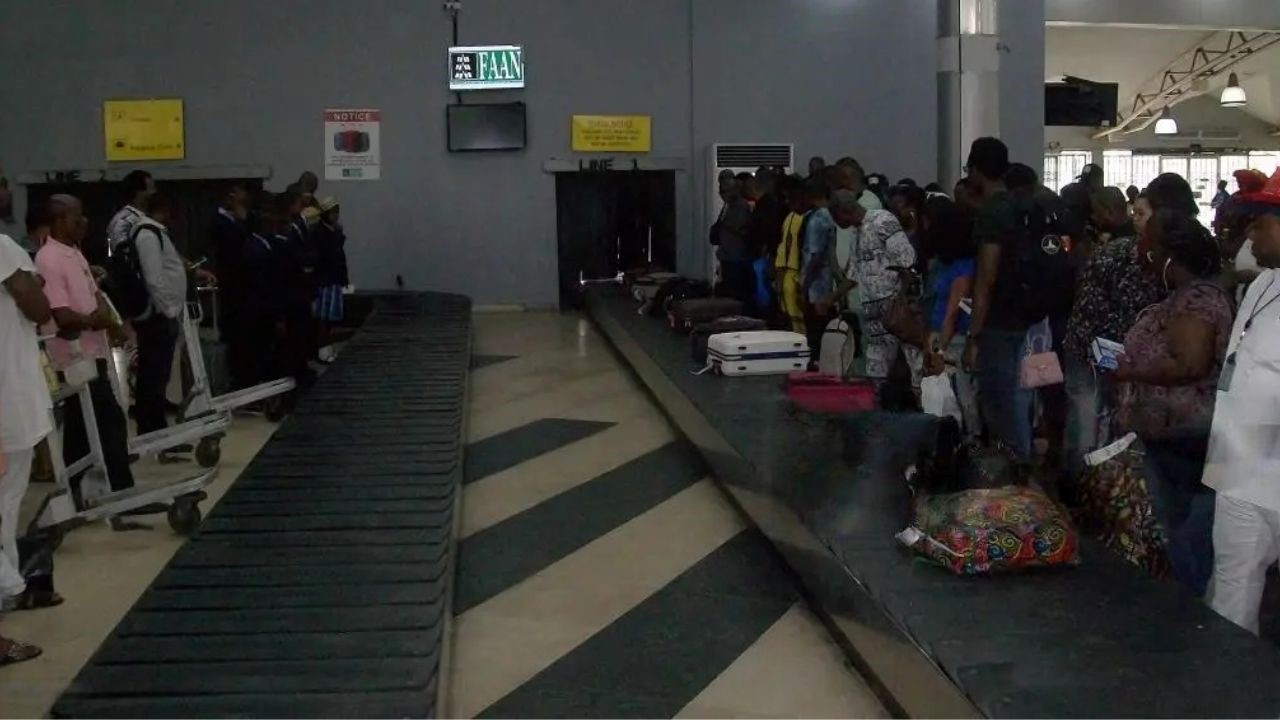
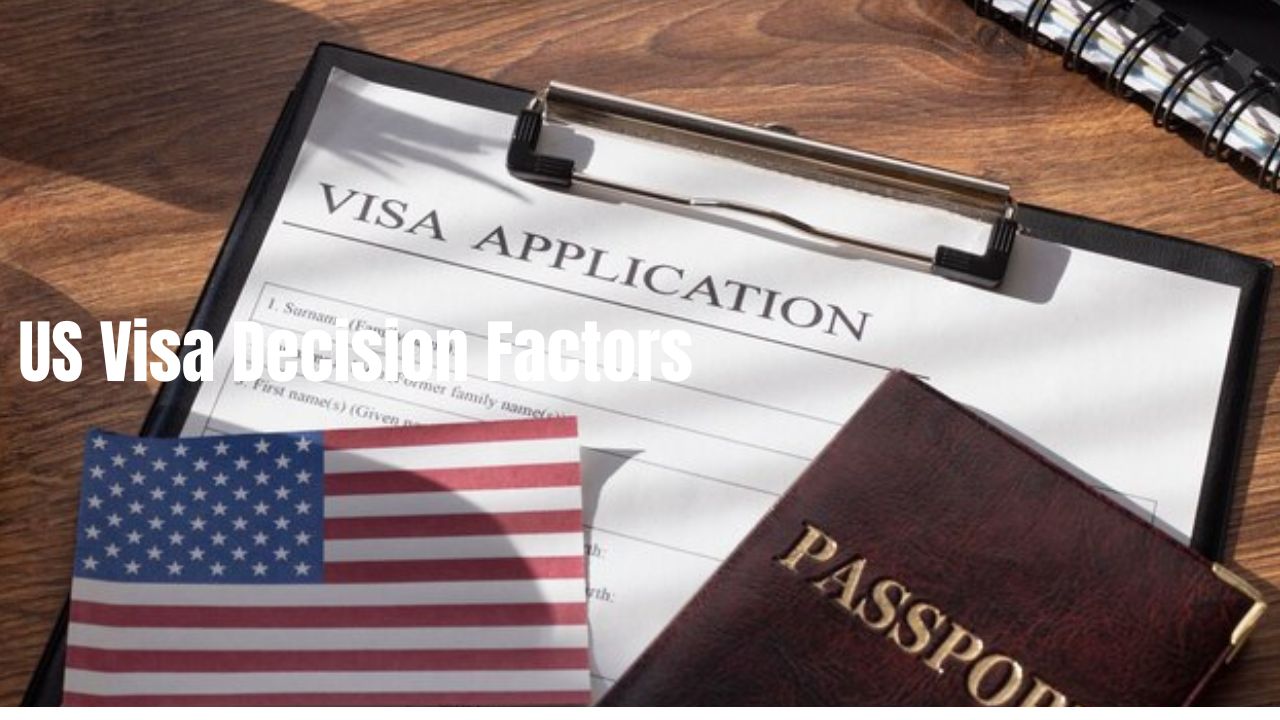
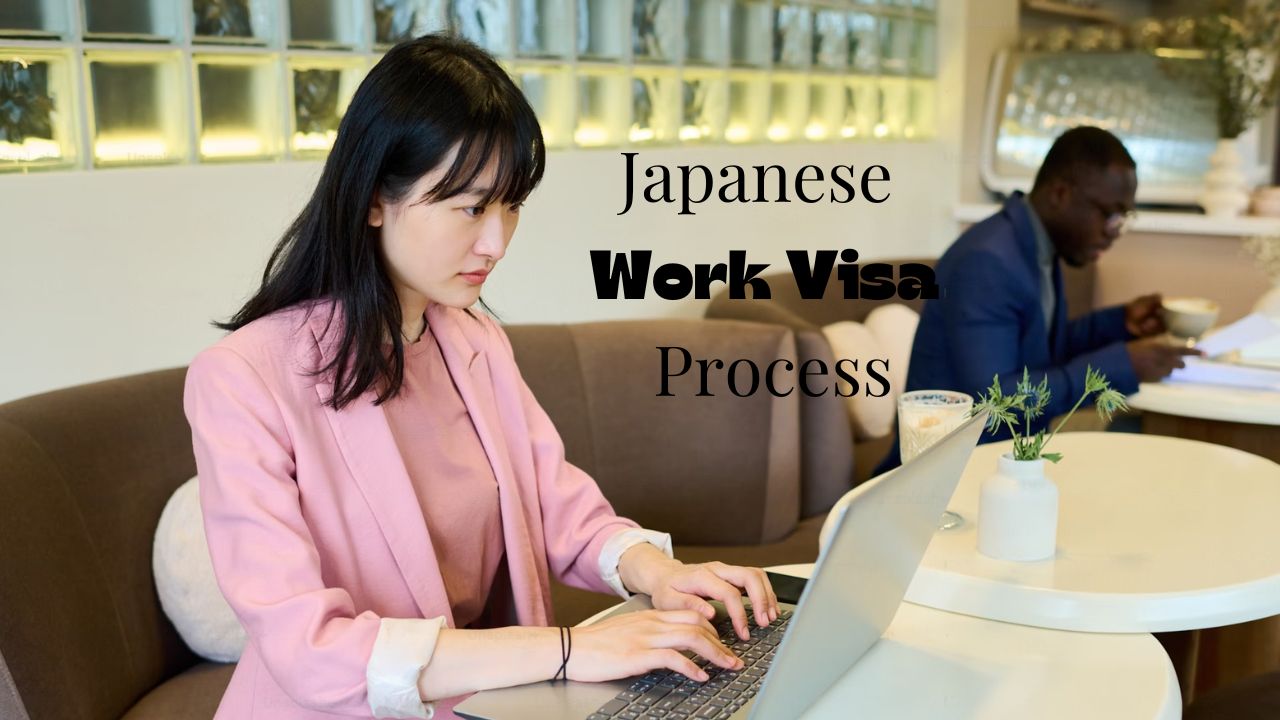

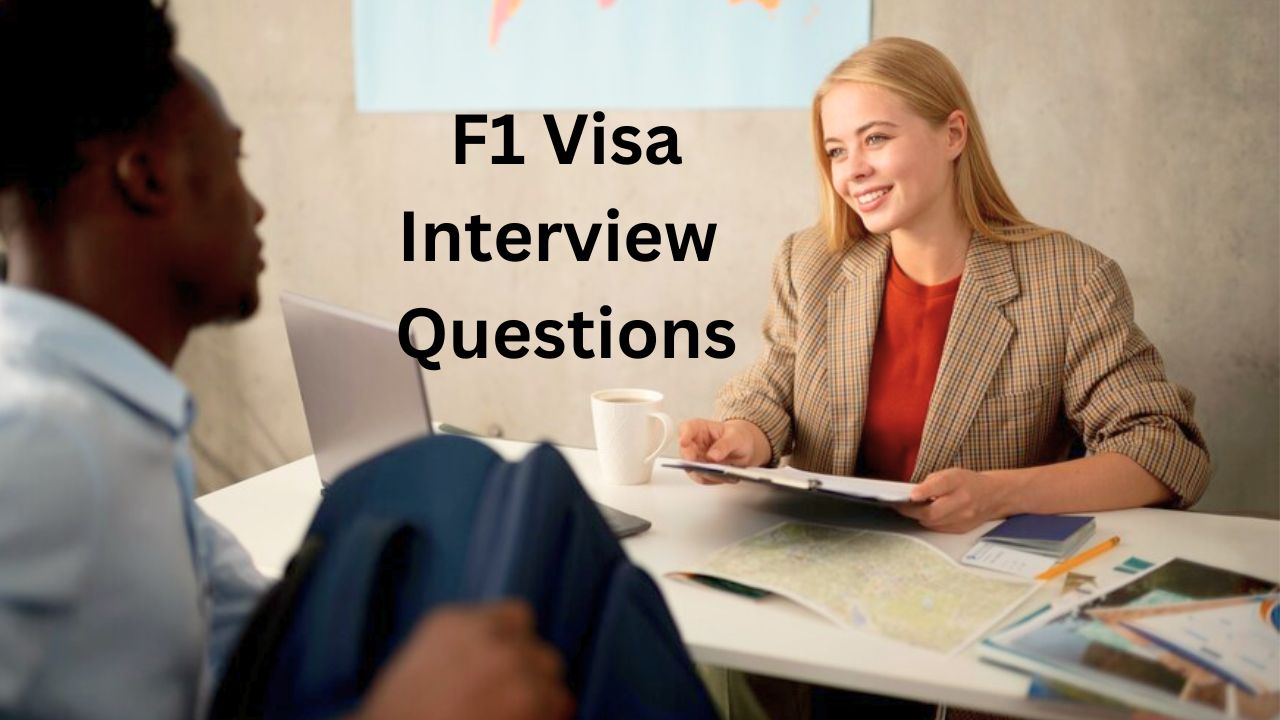
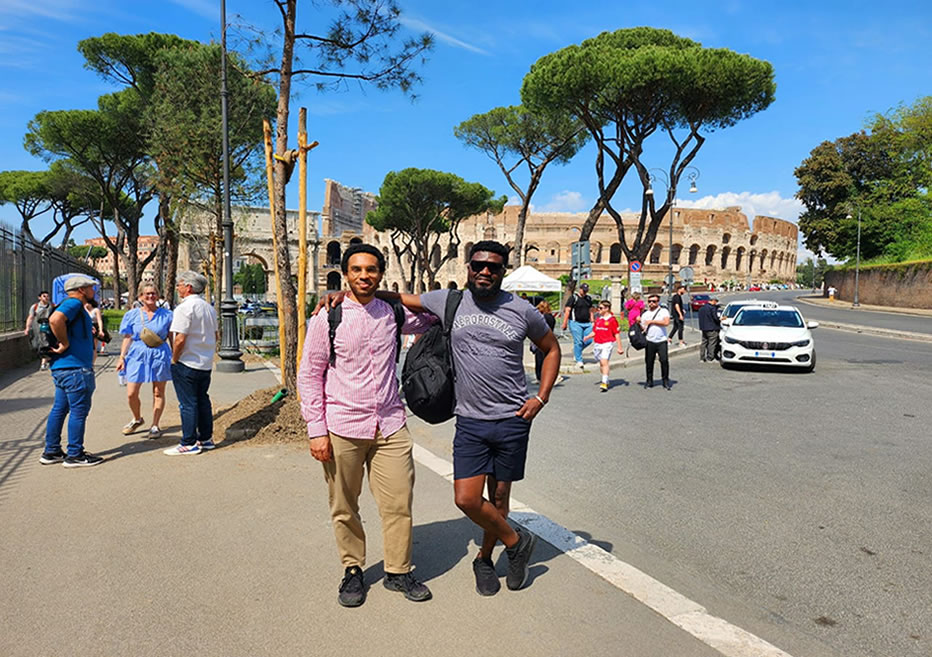

Pingback:
Pingback:
Pingback: